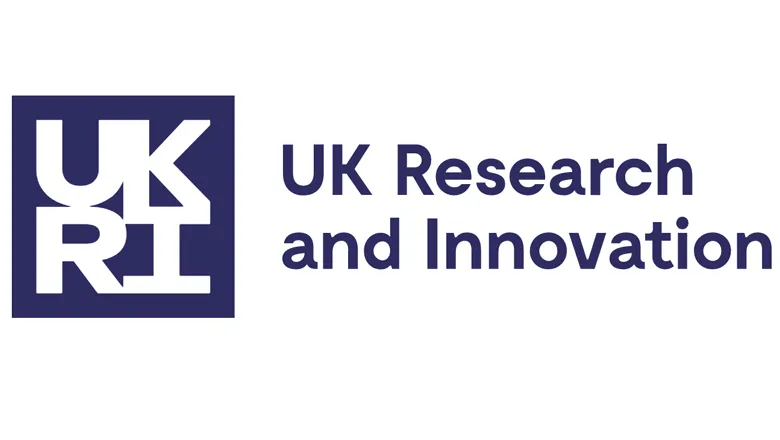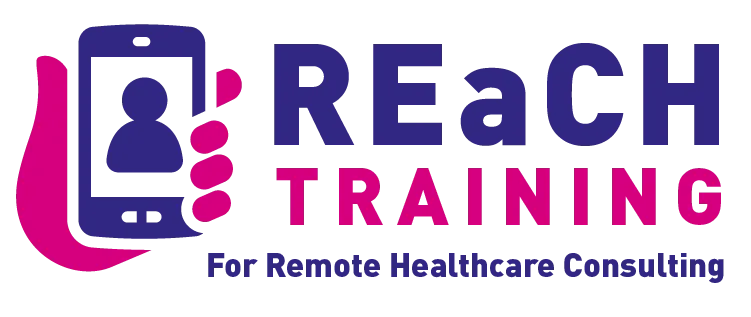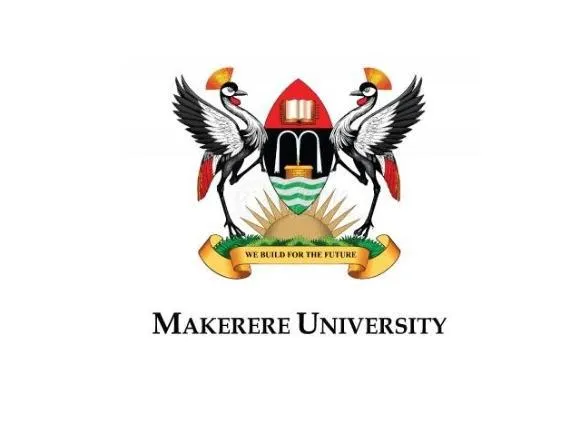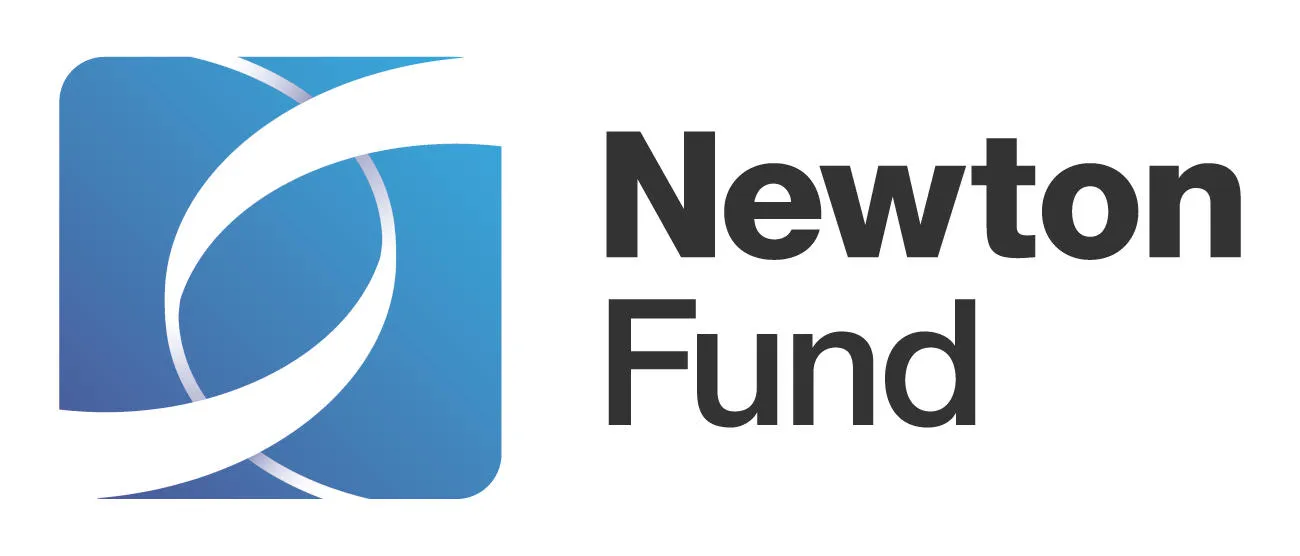Determining Trustworthiness & Safety of Remote Consulting in Primary Healthcare for Chronic Disease Populations in Africa
During the COVID-19 pandemic, traditional face-to-face healthcare consultations in Africa posed risks to both the health workforce and citizens. Many citizens were afraid to access health facilities, leading to delays in seeking medical care. To address this issue and assist citizens in receiving remote healthcare in accordance with World Health Organization (WHO) guidelines, we have developed REmote Consulting in Healthcare (REaCH) training. REaCH leverages the limited digital and telecommunications infrastructure in Africa to provide safe and reliable healthcare services that are equivalent to face-to-face consultations.
Aims
We aimed to deliver internationally unique evidence on a remote consulting training scheme, whether it is effective in increasing remote consulting, whether it affects face-to-face consulting, and whether it changes patient reports of trustworthiness and changes specified indicators of the safety of healthcare consultations in primary health care in Tanzania and Nigeria. Alongside, there is south-south collaboration with Uganda and Kenya. We conducted two trials to deliver evidence in different African contexts. A process evaluation was conducted to inform the implementation across both East and West Africa.
REaCH training aimed to increase the rate of remote consulting. We hypothesised that this remote consulting would not affect patient trust in or the safety of primary care consultations for long-term conditions.
Our primary (1-2) and secondary (3-6) research questions asked to what extent does REaCH training effect.
- Patient consultation rates delivered face-to-face and remotely?
- Patient perceptions of the trustworthiness of health workers providing consultations?
- The medical prescription issue rate?
- Consultation default rates?
- Medical investigation issue rate?
- Patient health activation levels?
Intervention
The REaCH intervention is 1) a training programme for health workers on delivering safe and trustworthy remote consultations within a context of limited digital infrastructure and 2) the provision of a data allowance to support training engagement and the delivery of remote consultations. REaCH training is designed to increase the use and quality of remote consulting. Our definition of remote consulting is when a person with a perceived health need consults a healthcare provider using a mobile phone. They will use the internet or telecommunications infrastructure and will use SMART phones or feature phones to communicate. Our LMIC definition includes consultations using non-mobile technology (e.g. a computer in a community centre or a shared fixed telephone line in a remote rural village).
REaCH training uses a blended learning Moodle app and cascade process which support the delivery of trustworthy, safe and scalable remote primary healthcare. REaCH trainees are Doctors/Nurses/Medical Officers who work for primary healthcare facilities in Tanzania and Nigeria (tier 1 trainees). They subsequently cascade training in local languages to health workers in their team (tier 2 trainees). Tier 1 training consists of 20 hours of self-directed learning plus local tutor/peer time over 2/3 weeks using a smartphone. Tier 2 training is cascaded remotely via feature phone or through locally established team meetings/training with prescribed social distancing. REaCH is informed by the TRAIN framework for optimising sustainability of changes in healthcare delivery following a cascaded learning process in LMIC.
Further details about REaCH training and a sample presentation of materials.
Tanzanian pilot
In 2018 REaCH training was delivered and positively evaluated by two face-to-face cohorts of medical officers. Between April and June 2020, REaCH was digitised, delivered and evaluated by 14 Tanzanian medical officers from five primary care facilities. In response, we adapted the Moodle app for stronger/weaker network capacities and made curriculum revisions.
Methods
We conducted two identical stepped wedge trials in contrasting countries with marginalised populations: 1) In Tanzania the trial was conducted in rural/remote, low-income populations. 2) In Nigeria the trial was conducted in urban and peri-urban in middle income populations.
The REaCH intervention was rolled out to participating primary care facilities over the 12-month trial period in a staggered fashion with the order that clusters received the intervention was randomly allocated. The evaluation comprised both the quantitative trial outcomes and a process evaluation. The evaluation in each country was conducted independently; comparisons between results is predominantly qualitative. As a secondary analysis we estimated the difference between countries in treatment effects, although the trials were not designed for this purpose.
A total of 56 health facilities were recruited and randomly allocated into 40 clusters; 20 clusters per country randomised in groups of 2 to form a sequence, to receive REaCH training.
Our primary (1-3) and secondary (4-5) outcomes
- Remote and face to face consultation rates: All consultations with the included patient population and the type of consultation were recorded and extracted from paper-based facility registers.
- Trust in healthcare providers: Physician Humanistic Behaviour Questionnaire (PHBQ) determines the degree to which healthcare providers communicate in a humanistic way with their patients. Humanistic communications engender trust between the patient and the healthcare worker. The PHBQ has face and content validity with patients and health workers for assessing these behaviours during remote consultations. Each month a random sample of the included patient population within each cluster completed the PHBQ.
- Patient safety: Data were captured on all prescriptions issued and collected to include the patient population. An increase or a decrease in prescribing may indicate changes in safety and confidence.
- Patient engagement with their health: Patient Activation Measure (PAM-13) aims to understand the knowledge, beliefs and skills required by people to enable them to manage their long-term conditions.
- Patient safety: Captured by counting the number of investigations ordered by the facility every month and matching these to the patient’s consultation type. An increase may indicate a higher precautionary threshold when the person cannot be seen and examined. A decrease may indicate missed health needs. Evidence from the secondary outcomes was explored in the process evaluation.
Process evaluation
The process evaluation explored patient and health worker experiences of remote consulting, its impact on healthcare, and enablers/impediments.
In each country, for all clusters, we collected data about the Tier 1 and Tier 2 REaCH training process and the feasibility of the implementation of remote consulting. Additionally, in the first five clusters (approx 10 health facilities) that received the intervention, we collected and analysed prescription data (before and after the training) and undertook semi-structured interviews with the REaCH training facilitators, facility manager, trainees, and patients (6 months post training of Tier 2 trainees, to allow time for implementation).
With trainees and facility managers, we explored the experience of REaCH training/support and cascading, facility plans for and use of remote healthcare, what worked or not and why, and changes needed/made to enable remote consulting (e.g., facility expenditure on mobile phone data/phones/appointment system). With patient trial participants, we explored their experience of remote consulting and its impact on their healthcare.
All data were collected via phone or using social distancing at primary care facilities. Interviews were audio-recorded and transcribed/translated into English.
Analysis methods of both quantitative and qualitative data can be found in this paper.
Trials Design
The evaluation consists of two stepped-wedge cluster randomised trials running concurrently in Nigeria and Tanzania. The REaCH intervention will be rolled out to all clusters over the course of the trial in a staggered fashion and the order that clusters receive the intervention will be randomised. The evaluation will comprise both the quantitative trial outcomes and a process evaluation. The evaluation in each country will be conducted independently; comparisons between results will be predominantly qualitative. As a secondary analysis we will estimate the between country difference in treatment effects, although the trials are not designed for this purpose.
A total of 56 health facilities have been recruited and divided into 40 clusters; 20 clusters per country randomized in groups of 2 to form a sequence, to receive REaCH training staggered over 12 months.
Funding
This project and the research impact activity was funded by the UKRI Collective Fund. Additional funding supporting the development of the REaCH training include:
- Sturt J, Griffiths FE, Pemba S. How can Remote Consulting Training for health workers in rural Tanzania be optimised to support upscaling to remote and marginalised communities of East and West Africa? King’s Together 01.07.20-31.12.2020. £10,000
- Griffiths FE, Sturt J, Arvanitis T, Cave JAK, Harris B, Lilford RJ. Co-produced mobile consulting for remote, marginalised communities in Africa. UKRI Collective Fund 01/05/2020 – 30/04/2021. £137,858
Summary of Findings
Providing training and airtime resulted in increased remote consulting.
In Nigeria remote consultation increased four-fold with no evidence of a reduction or increase in the rate of face-face consulting. This means that patients in the Nigeria trial accessed more health care once remote consultations were introduced. In Tanzania, there was no increase in remote consulting in Tanzania where phoning health workers was already encouraged when the trial started.
Remote consulting is safe and trustworthy.
In both Nigeria and Tanzania there were no changes in prescribing and investigation rates. This indicates that the current safety status quo was maintained once remote consultations were introduced. Trustworthiness scores were also unchanged suggesting that remote care was no more or less trustworthy than face to face care.
Remote consulting allows health workers and patients to consult at the right time for good management of the patient’s health condition.
Health workers used remote consulting to:
- give patient test results
- adjust medication after tests and in response to side-effects,
- check how patients take their medication,
- provide advice on self-management,
- direct patients to needed urgent or specialist care
- enable patients to contact the right health worker when they needed advice.
Patients like remote consulting as it improves their access to their trusted health workers.
Patients reported receiving help at the time they need it. They reported trusting their health worker and feeling cared for.
Health workers like remote consulting and successfully work out how to integrate it in their own facility as far as policy and resource flows allow.
Seventy-eight facility managers and health workers surveyed in both countries found remote consultations to be straightforward to implement into their primary care practice. Most facilities implemented remote consulting according to their own resources and ideas but most delivered them in one of three ways 1) providing a central number answered by one health worker who redirected the calls if necessary, 2) providing patients with health-worker phone numbers, or 3) health workers initiating the remote consulting.
Health workers found it convenient to consult remotely.
A few health workers reported patients contacting them when off-duty which they accepted but were alert to this becoming burdensome. Optimising the value of remote consulting requires attention to issues such as: how patient information is recorded and stored in facilities, where patients can obtain their medication and how to manage user fees.
Impact
We have achieved the following outputs, outcomes, and impact:
- Between January and May 2023, the team held face to face and remote meetings with over 150 national health policy makers in eight African countries using additional funding from UKRI.
- All policy makers endorsed the need for our training. Professional regulators such as nursing, midwifery and medical and pharmacy councils in Kenya, Uganda, Tanzania and Nigeria are actively working with local universities to support Continuing professional Development (CPD) accreditation for the training as an incentive for completion.
- The training is currently live and being disseminated to health workers in Nigeria
- Work is progressing to have the training live in Tanzania, Uganda, Kenya.
- Digitally optimised REaCH training on royalty-free license is available, ideal for LMIC organisations where digital infrastructures are limited/variable. This prepares for ongoing COVID-19 peaks and strengthens health care systems.
- Please contact jackie.sturt@kcl.ac.uk to apply for access to the training
During the COVID-19 pandemic, people who use mobile phones, especially women, felt more secure and confident in using online and digital services. This increased confidence helped them better protect themselves from the negative effects of the virus. Impact of research participation:
- Establishment of a clinical trials unit in Nigeria and strengthened clinical trial capability in Tanzania.
- Networks of primary care facilities for future research
- Patient registers at rural and remote health facilities in Tanzania, to enable improved understanding of local population health needs.
Our Partners

University of Warwick

UK Research and Innovation (UKRI)

Principal Investigators
Affiliations
Funding
Funding Body: UK Research and Innovation (UKRI)
Amount: £818,846
Period: August 2020 - March 2022











